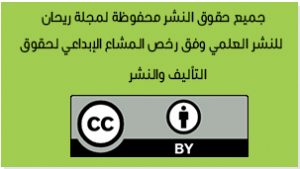This study examines how external auditors’ characteristics—gender, education, and experience—affect their opinions on non-compliance with IFRS in Lebanese SMEs. The research uses a sample of 210 external auditors from the Mount Lebanon governorate, collected via a questionnaire. Logistic regression analysis was applied to evaluate the effects of these variables on audit outcomes. The findings indicate that auditors with higher educational qualifications degrees, are less likely to issue unmodified opinions when non-compliance is detected. Conversely, auditors with more experience are more inclined to issue favorable opinions, indicating that their experience may not lead to vigilance regarding IFRS compliance. In contrast, gender did not significantly impact the type of audit opinion issued. The paper highlights the need for continuous professional training in IFRS for auditors, especially for those who did not study IFRS at their educational institution. It also recommends introducing mandatory IFRS Diploma certification for all fresh and experienced auditors, regardless of their academic achievement to ensure they are fully equipped to handle IFRS compliance issues. This study provides a conceptual understanding of how the educational and professional diversity of auditors can improve audit quality and promote compliance with international standards in developing economies, including Lebanon.
Key words: IFRS for SME, Modified Audit opinion, Gender, Education, Experience
 مجلة ريحان للنشر العلمي مجلة علمية، محكمة، شهرية، مفتوحة الوصول
مجلة ريحان للنشر العلمي مجلة علمية، محكمة، شهرية، مفتوحة الوصول
